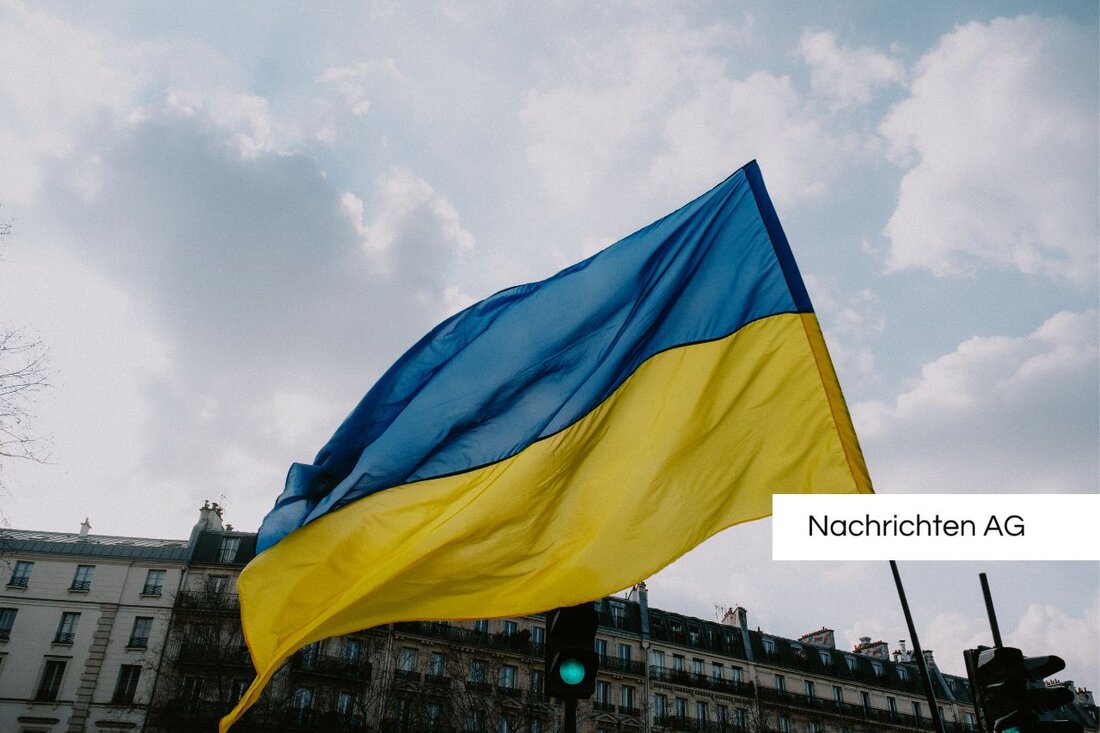Hamburg's buses rely on chip fat: diesel for five years longer!
The Hamburger Hochbahn is extending the use of diesel buses and is planning to switch to emission-free drives by 2032.

Hamburg's buses rely on chip fat: diesel for five years longer!
The Hamburger Hochbahn has set out to lead its bus fleet into a sustainable future, but the current circumstances raise questions. As ndr.de reports, the Hochbahn is planning a new strategy to keep diesel buses in use longer. This is happening against the background that federal funding for electric buses is no longer available and a switch to emission-free drives is just around the corner.
From 2025, electric buses will come onto the market costing around 600,000 euros per unit - twice as much as the price of a diesel bus. Merle Schmidt-Brunn, board member of the Hochbahn, announced that fewer electric buses would be ordered and the diesel buses would be used for up to three years longer. Instead of focusing on new electric models, an upgrade program for diesel buses is being started in order to convert them to HVO (Hydrotreated Vegetable Oils), also known as “chip grease”. Transport Senator Anjes Tjarks addressed the issue of recycling used fats, which represents an important step towards more sustainable mobility.
Strategic bus reserve and electromobility
Looking to the future, Tjarks emphasizes the need for a strategic bus reserve that is not dependent on electric vehicles - a consideration that also proves useful in the context of the Ukraine war. Schmidt-Brunn also warned of potential power outages that could endanger the operation of e-buses. At least 425 electric buses should be in use by the end of 2025; currently 363 are planned in May 2024 and 280 by the end of 2024.
Against the background of the goal of zero emissions by 2032, a resolution by the Hamburg parliament already stipulates that the entire bus fleet will be converted to emission-free drives by 2030. What is interesting in this context is that Hochbahn wants to convert over 1,000 buses to emission-free drives in order to reduce CO2 emissions. Technologies such as hydrogen, fuel cells and batteries are on the agenda, although current trends show that only every second newly purchased bus in Europe is emission-free, and in Germany only every third bus is emission-free. Hochbahn reports about the successful introduction of 330 battery buses.
Public transport and sustainability
The progress in public transport can also be seen in line with the global sustainability goals of the 2030 Agenda. According to the VDV, buses and trains in Germany save around 10 million tons of carbon dioxide every year, which is not only ecologically but also economically important. In Hamburg, the implementation of these measures could lead to the streets becoming quieter and cleaner - in the spirit of modern and sustainable mobility.
Despite these positive approaches, punctuality remains an issue. Last year, around 551 million passengers used the subways and elevated buses, but unfortunately many of the passengers also arrived late. With an investment of 1.3 billion euros and the offer of replacement services for various subway sections from mid-June, the Hochbahn wants to score points here too and further improve mobility in the Hanseatic city.

 Suche
Suche
 Mein Konto
Mein Konto